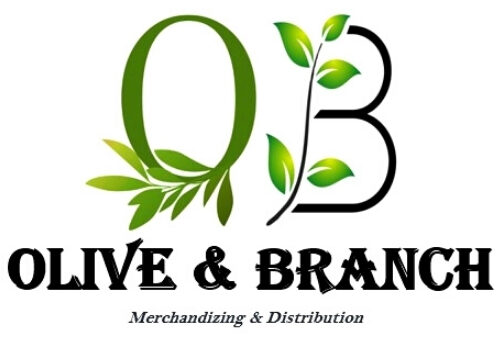Corrosion Inhibitor
Corrosion can be defined as the destruction of a metal by chemical or electrochemical reaction with its environment. In cooling systems, corrosion causes two basic problems. The first and often most prevalent is the failure of equipment, resulting in the cost of replacement and plant downtime. The second is decreased plant efficiency due to loss of heat transfer (which is the result of heat exchanger fouling caused by the accumulation of corrosion products).
The objective of corrosion inhibition is to minimize metal loss. A corrosion inhibitor is any substance that effectively decreases the corrosion rate when added to an environment. A corrosion inhibitor can be identified most accurately in relation to its function: removal of the corrosive substance, passivation, precipitation, or adsorption. Corrosion inhibitors are generally mixed with the treatment fluid and are formulated to be effective in protecting the metal components the fluid is likely to contact.
Olive & Branch M&D is a supplier of CB-2 ChemBase®, a specific corrosion inhibitor replacement for Molybdate and Azoles. CB-2 ChemBase® is comprised of a formula that replaces all conventional copper, and copper alloy inhibitors that allows blending at almost any pH without pH adjustment. It is a multi-metal corrosion inhibitor that is effective in controlling corrosion of mild steel, copper and copper alloys, and aluminum. CB-2 ChemBase® does not contain azoles. It eliminates completely the use of azole corrosion inhibitors that require very acid or highly caustic solutions in order to dissolve. CB-2 ChemBase® is a result of extensive research to develop a more blender friendly multi-metal corrosion inhibitor. The initial industrial application was for cooling waters in gas pipeline compressor engines. The product was later refined to protect open circulation cooling tower waters.
Visit the CB-2 ChemBase® product page below to learn more about this product.

